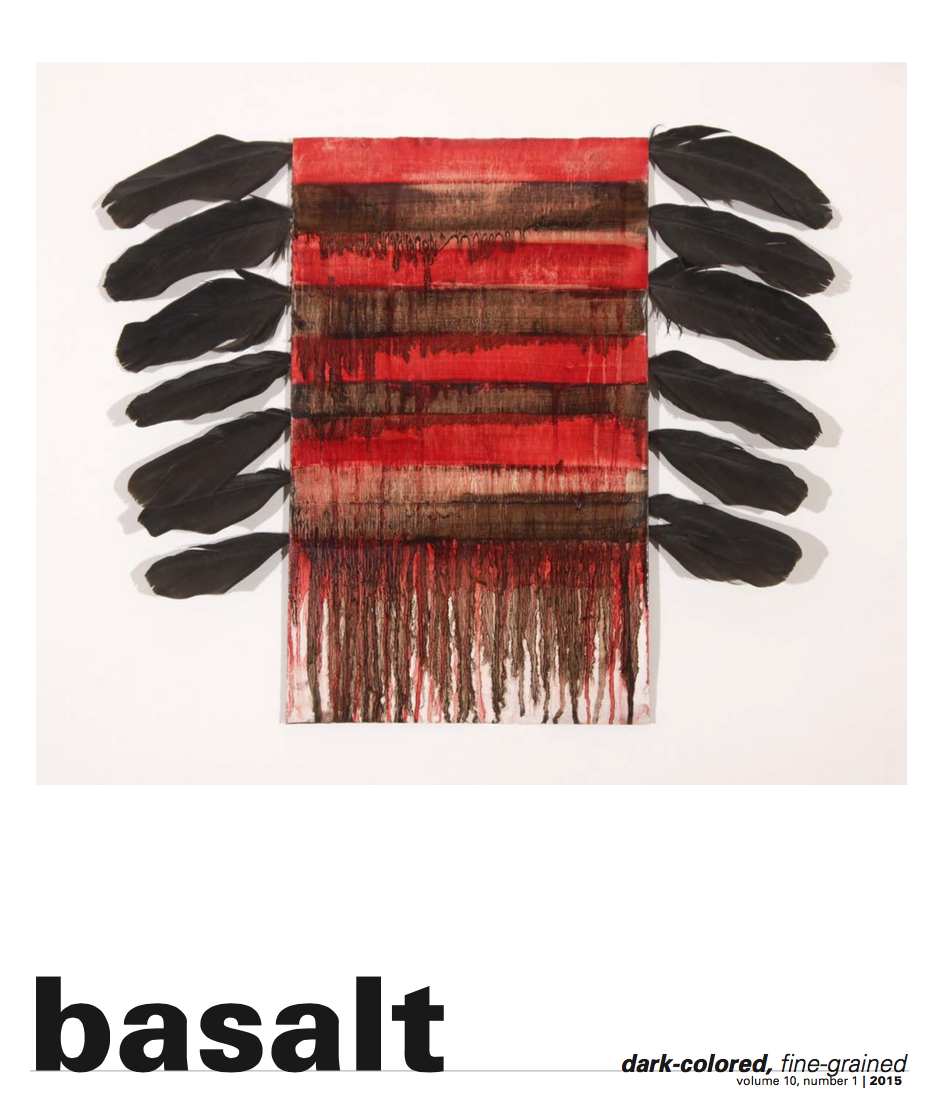Review of The Salt Ecstasies by James L. White
 The Salt Ecstasies by James L. White
The Salt Ecstasies by James L. White
Graywolf Press Re/View Series, Soft, $15
Reviewed by James Crews
晶澳
Reading the prose poem, “An Ordinary Composure,” which opens the book, felt like finding my “tribe” at last:
My people and I lean against great medical buildings with news of our predicted death, and give up mostly between one and three in the morning, never finding space large enough for a true departure, so our eyes gaze earthward, wanting to say something simple as the meal’s too small: I want more.
它
When I do it, I remember how it was with us.
Then my hands remember too,
and you’re with me again, just the way it was . . .
I’d breathe out long and say,
‘Hi Jess, you tired baby?’
You’d say not so bad and rub my belly,
not after me really, just being sweet,
and I always thought I’d die a little
because you smelt like burnt leaves or woodsmoke.
Even while portraying loss after loss—the words “salt” and “blue” recur over and over in these poems—White finds catharsis in the act of memory, in getting the past down on the page. And there is a quiet power, he argues, even in losing the ongoing battle with desire, with “flesh.” It might be a “stifling contract,” but it’s one he signs with abandon, even if only in the mind:
Some farm kid presses against my leg.
I look at the long backs of men in the fields
and doze to dream you’re going through me
like winter bone, your logs of arms pushing
me down into some stifling contract with flesh
until I break free for air.
Th
Still, re-examining the scant legacy James L. White left behind is part and parcel of our human urge to speculate: What might have been if he had lived even a few years more? What even greater poems might he have written? In the last poem of The Salt Ecstasies, “Naming,” the speaker begs his mother:
Old woman, don’t die.
Take me to your first words again,
to say there are plants that live as people,
that certain animals carry dreams,
that the hawk is itself where the canyon drops to air.
And the mother replies, “ ‘Look son, another flower called going away, and this/ is called too soon.’” It is as though, with those last words, White had anticipated what readers would be saying of him and his poems—too soon—nearly thirty years after this watershed book was first published. Contemporary readers should feel grateful to Mr. Doty and Graywolf Press for choosing to bring this collection to light once again. New generations will surely continue to appreciate James L. White’s strange, sad and transcendent poems for decades to come.
